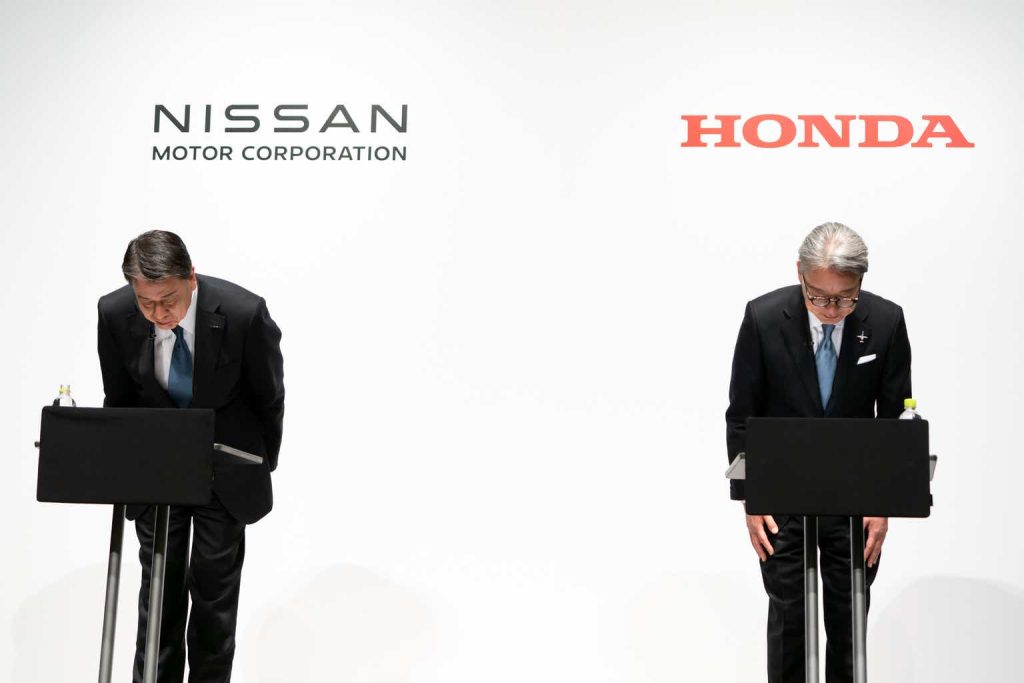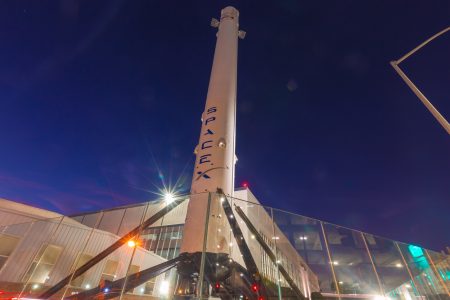Major car shakeup
Today’s FOMC meeting will be the big news this afternoon, but overnight there were other big reports driving around. A new partnership between Honda (HMC) and Nissan (OTCPK:NSANY) is in the middle of being ironed out, which would save the latter from a likely bankruptcy in the coming year. It’s not yet clear what things would look like, but Mitsubishi Motors (OTCPK:MMTOF) – of which Nissan is the top shareholder – is also likely to come aboard the new industry giant.
Snapshot: Whether it’s a merger, alliance, capital tie-up, or even a broad holding company, the new entity would split Japan’s auto industry into two camps: the one of Honda (that includes Nissan and Mitsubishi) and the other under Toyota (TM) (including Subaru, Mazda and Suzuki). Earlier this year, Honda and Nissan agreed to cooperate on electrification, and deepened those ties in June with batteries and software, as well as inking a similar agreement with Mitsubishi Motors.
Like most consumer devices and appliances, cars have been getting a lot smarter over the past decade. This has led to a race to the top in the “software-defined vehicle” market (SDV), putting those that fail to modernize their underlying vehicle architecture at a disadvantage, or even near bankruptcy. It’s been hard for many legacy automakers to balance these needs at a time when they’re spending billions on the EV transition, leading to new partnerships (like Rivian and Volkswagen) that can keep them competitive in the modern era of automobiles.
Newer players on the road have mastered the SDV market and electrification, and are even the forces that have created it. Think of dominant names like Tesla (TSLA) and China’s BYD (OTCPK:BYDDY), which are known for their innovation and over-the-air updates, where features can evolve long after their cars have left the assembly line. They’ve also been leaders in bringing production and development in-house, while maximizing profit margins by securing their supply chains from components to batteries.
Will it work? A partnership between Honda and Nissan is aimed at restoring global competitiveness, like in China, which accounted for almost 70% of worldwide EV sales in November. Once a pioneer with its mass-market Leaf, Nissan will gain stability, as well as a better reputation and financial standing from the new tie-up. Some are questioning the potential benefits for Honda, but it could see cost reductions from shared platforms, better investment in new technologies, and the acceleration of its EV plans. Whether the two can combine their different corporate cultures remains to be seen, with Honda (HMC) shares down 3% in U.S. premarket trading and Nissan (OTCPK:NSANY) surging 24% in Japan to become the top performer on the Nikkei 225 Index (NKY:IND).
Read the full article here













